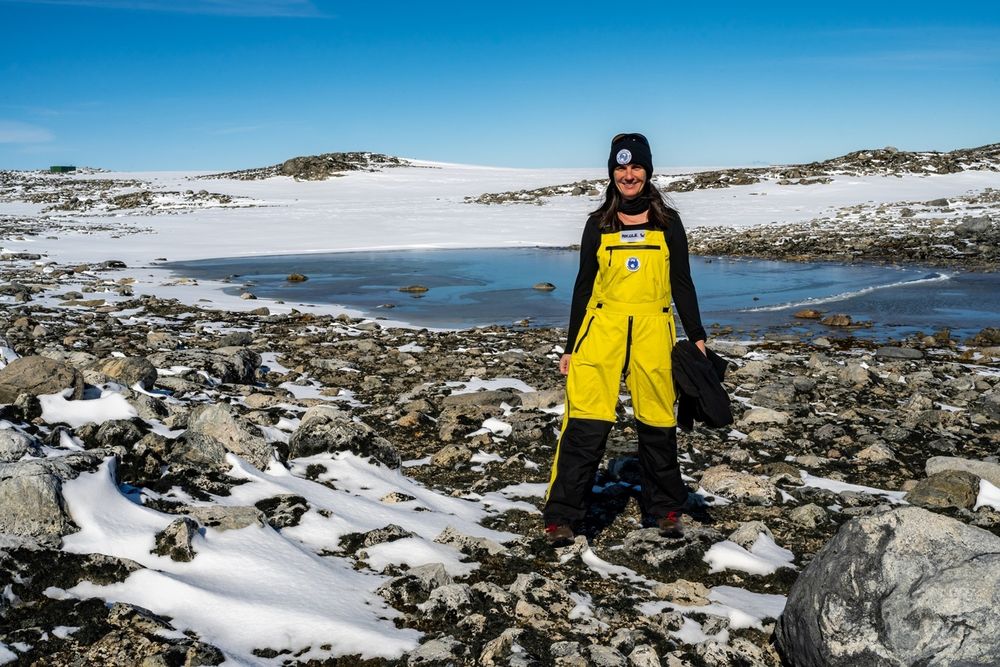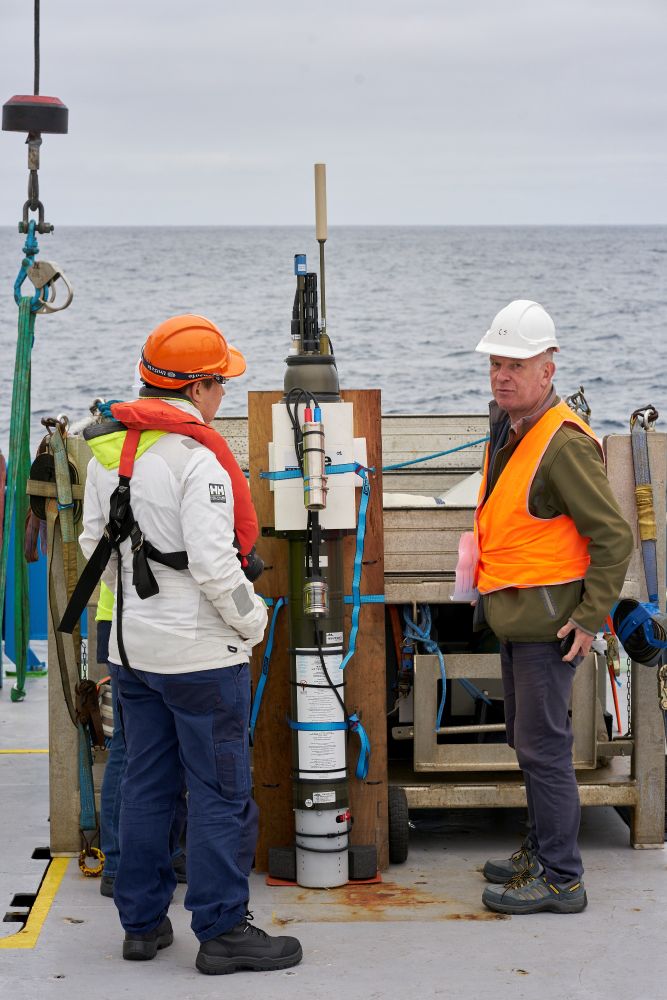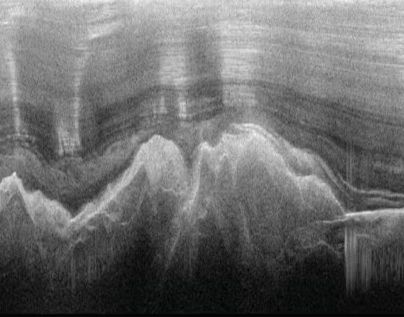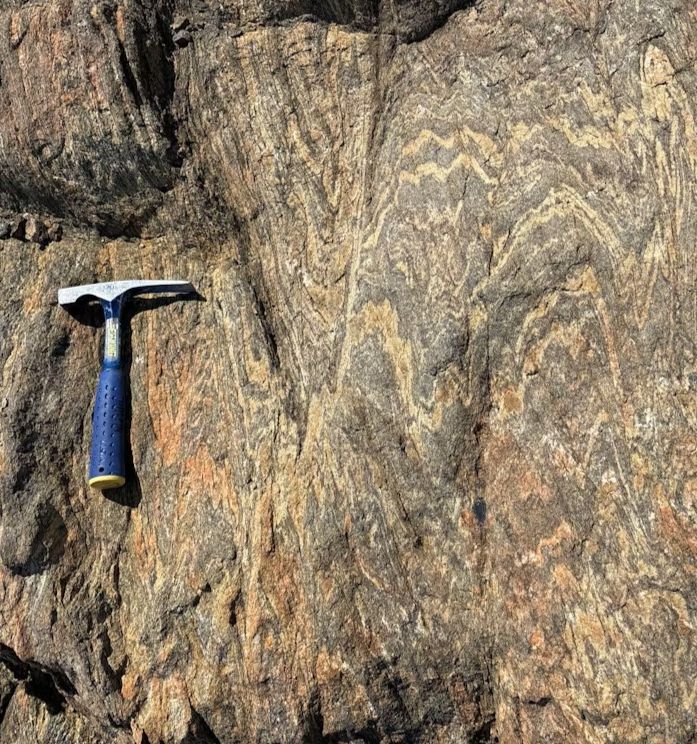
CRICOS provider code: 00586B




Read the full story 👉 tinyurl.com/y6j3nxu5
📸 Nina Hamilton

Read the full story 👉 tinyurl.com/y6j3nxu5
📸 Nina Hamilton




The call invites commercial and recreational fishers, aquaculture operators, processors, and supply chain workers to ask their most pressing questions about climate change and how to adapt.
QR code 👇
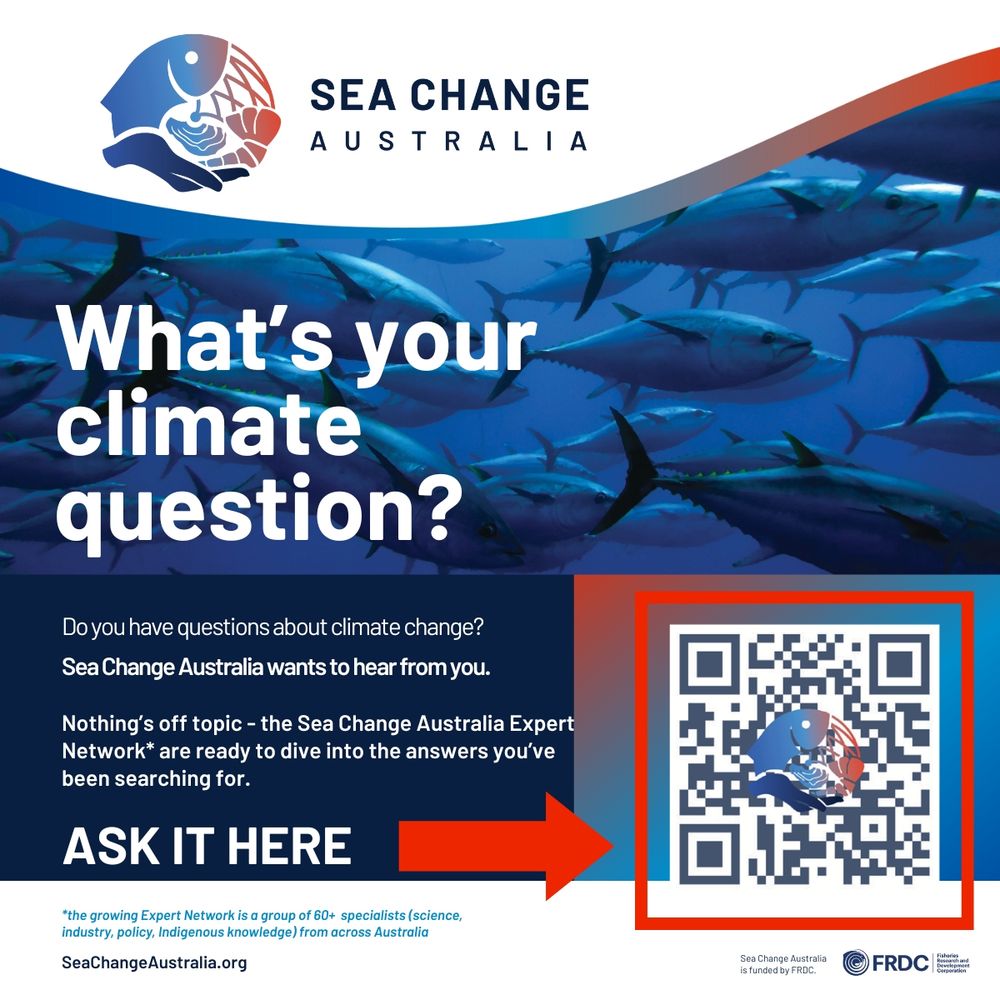
The call invites commercial and recreational fishers, aquaculture operators, processors, and supply chain workers to ask their most pressing questions about climate change and how to adapt.
QR code 👇









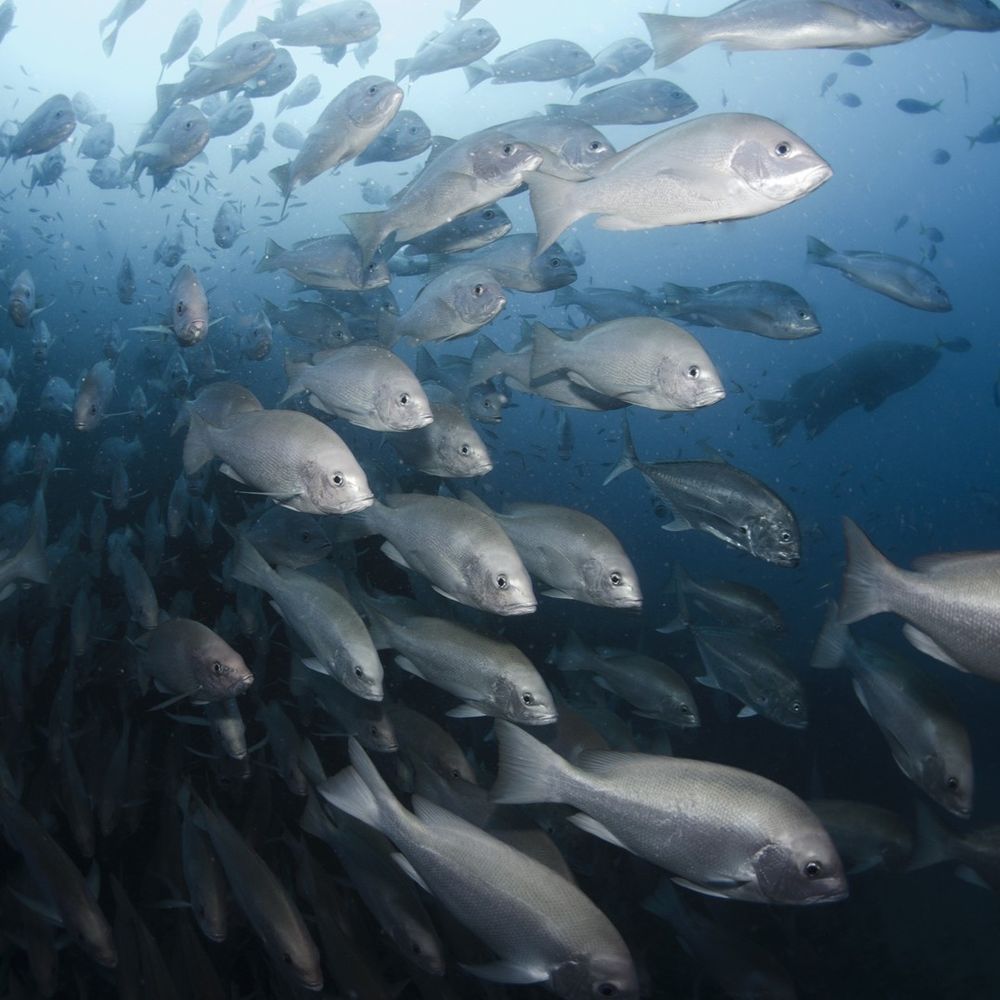



Study: doi.org/10.1016/j.je...


Study: doi.org/10.1016/j.je...
❄️ tinyurl.com/suac8efs
@antarctic.bsky.social @utas.edu.au
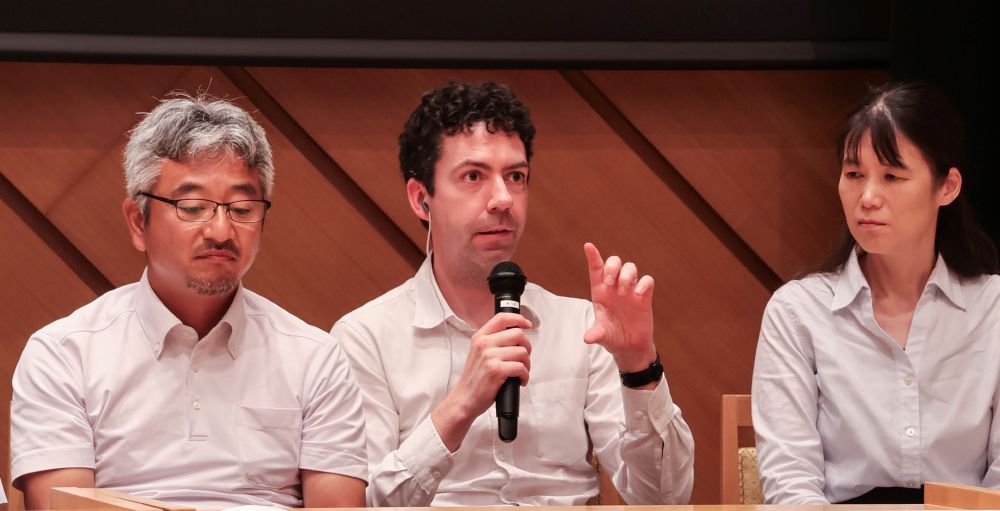
❄️ tinyurl.com/suac8efs
@antarctic.bsky.social @utas.edu.au
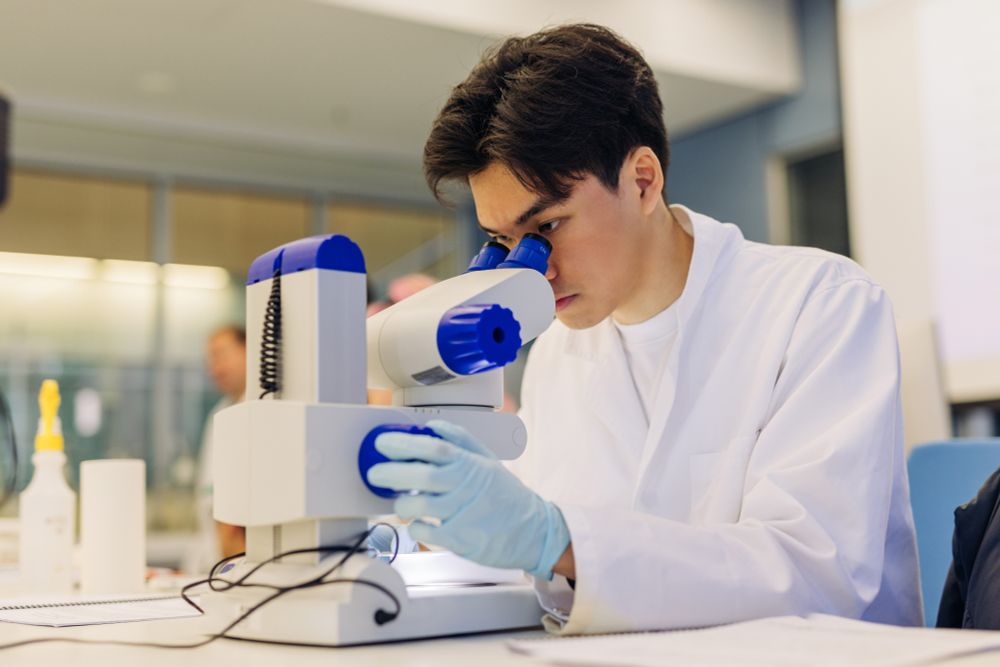
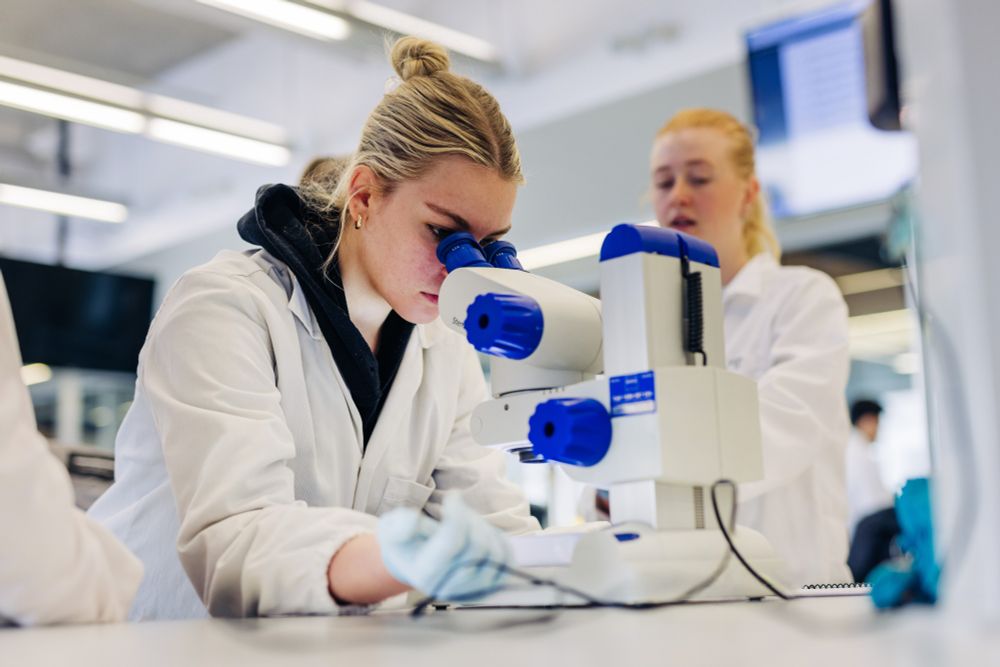
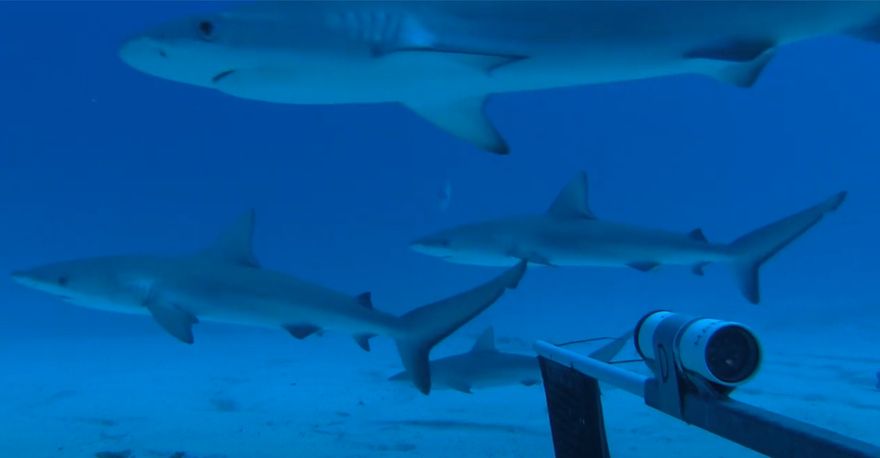
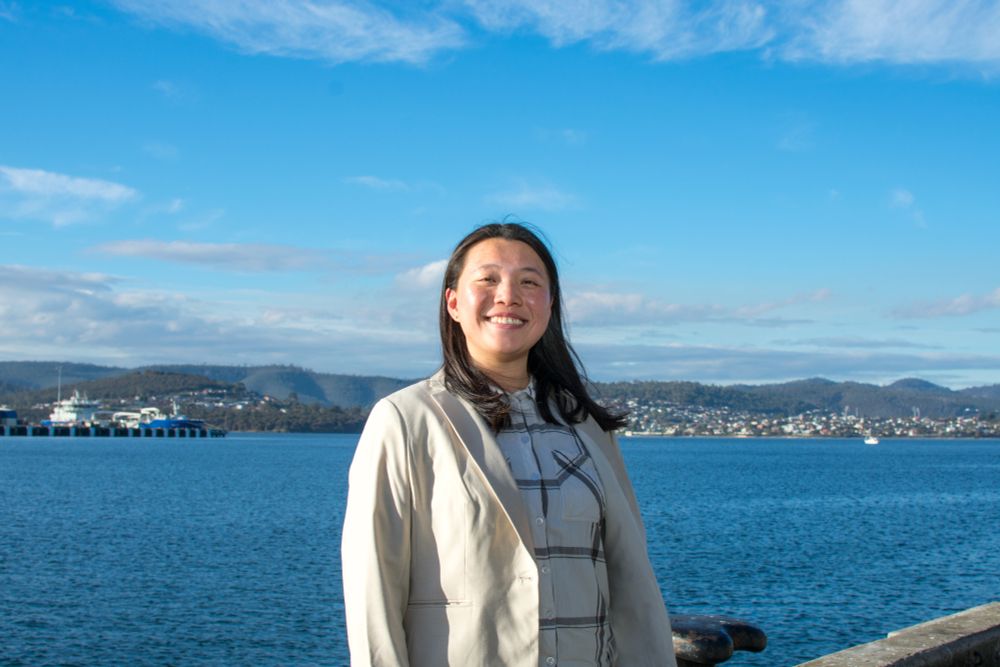

@antarcticsciaus.bsky.social @utas.edu.au @deformedearth.bsky.social
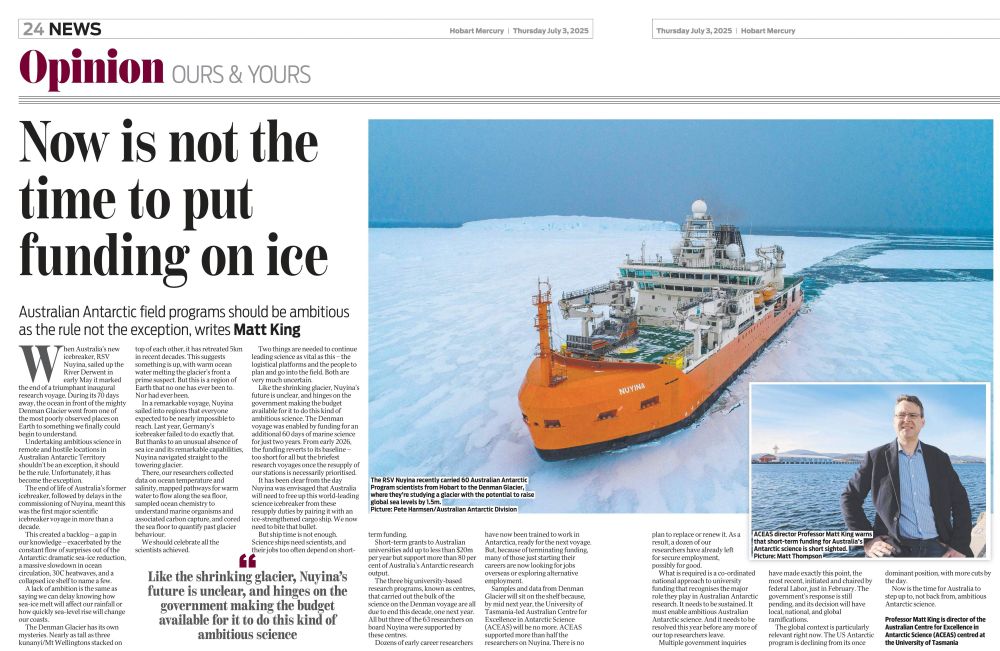
@antarcticsciaus.bsky.social @utas.edu.au @deformedearth.bsky.social
This exciting at-sea experience for university students & trainers is all happening aboard CSIRO's research vessel #RVInvestigator, with two voyage opportunities in 2026.
Apply now: www.csiro.au/capstan
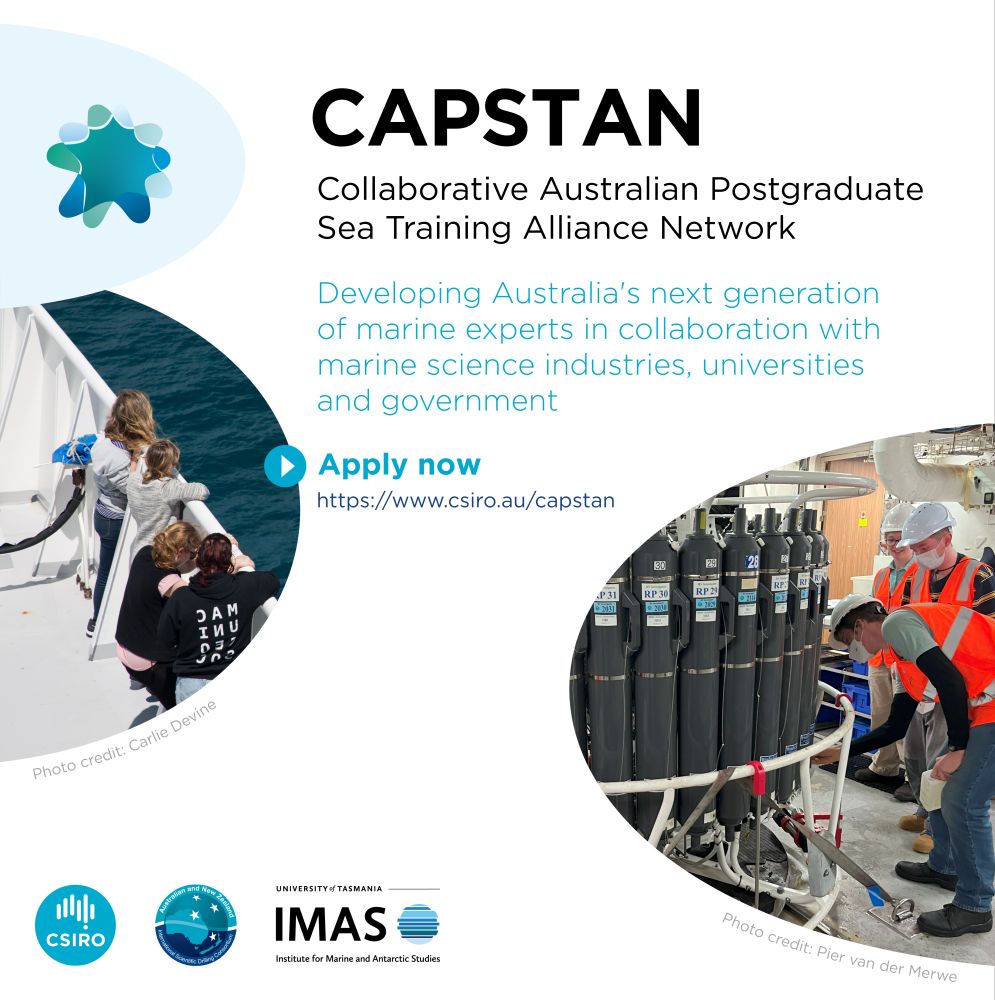
This exciting at-sea experience for university students & trainers is all happening aboard CSIRO's research vessel #RVInvestigator, with two voyage opportunities in 2026.
Apply now: www.csiro.au/capstan
✨Read more: tinyurl.com/5n93seke
📸 Credit Bernard Pryor OAM. @utas.edu.au

✨Read more: tinyurl.com/5n93seke
📸 Credit Bernard Pryor OAM. @utas.edu.au
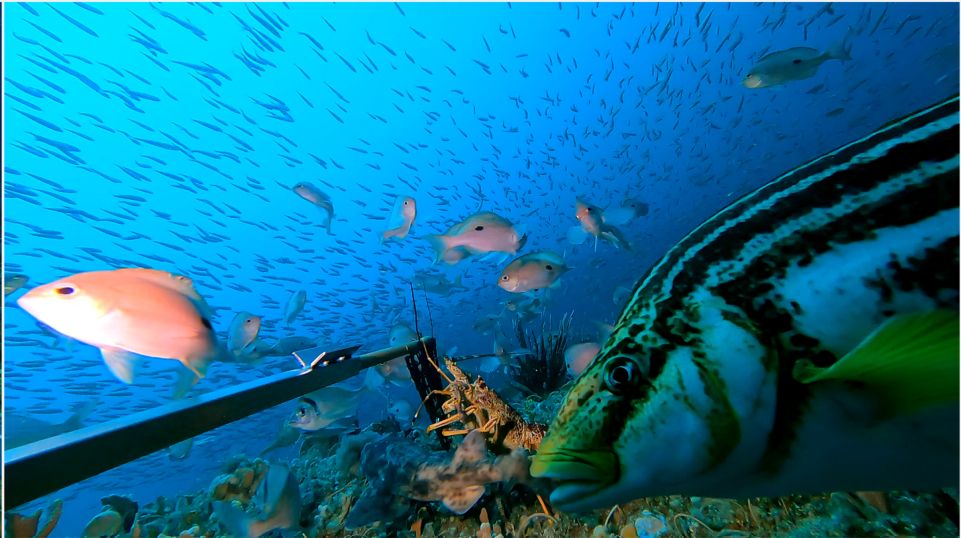
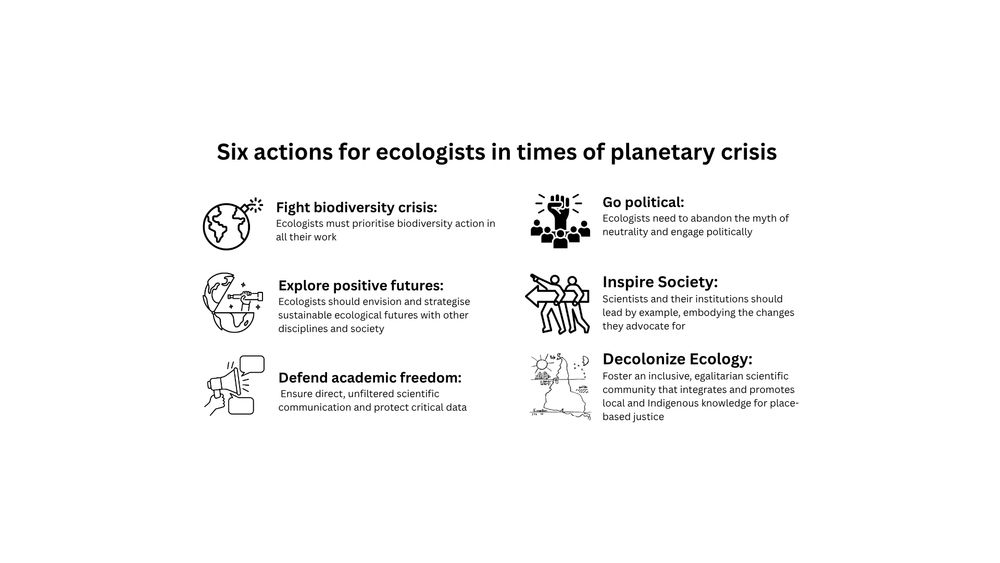
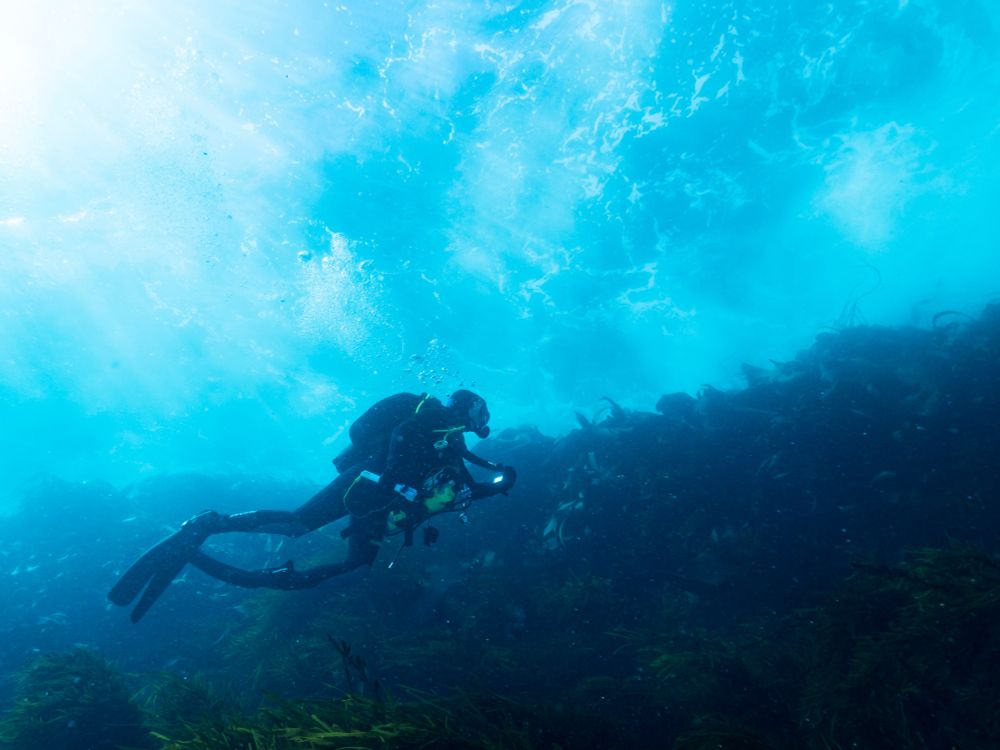
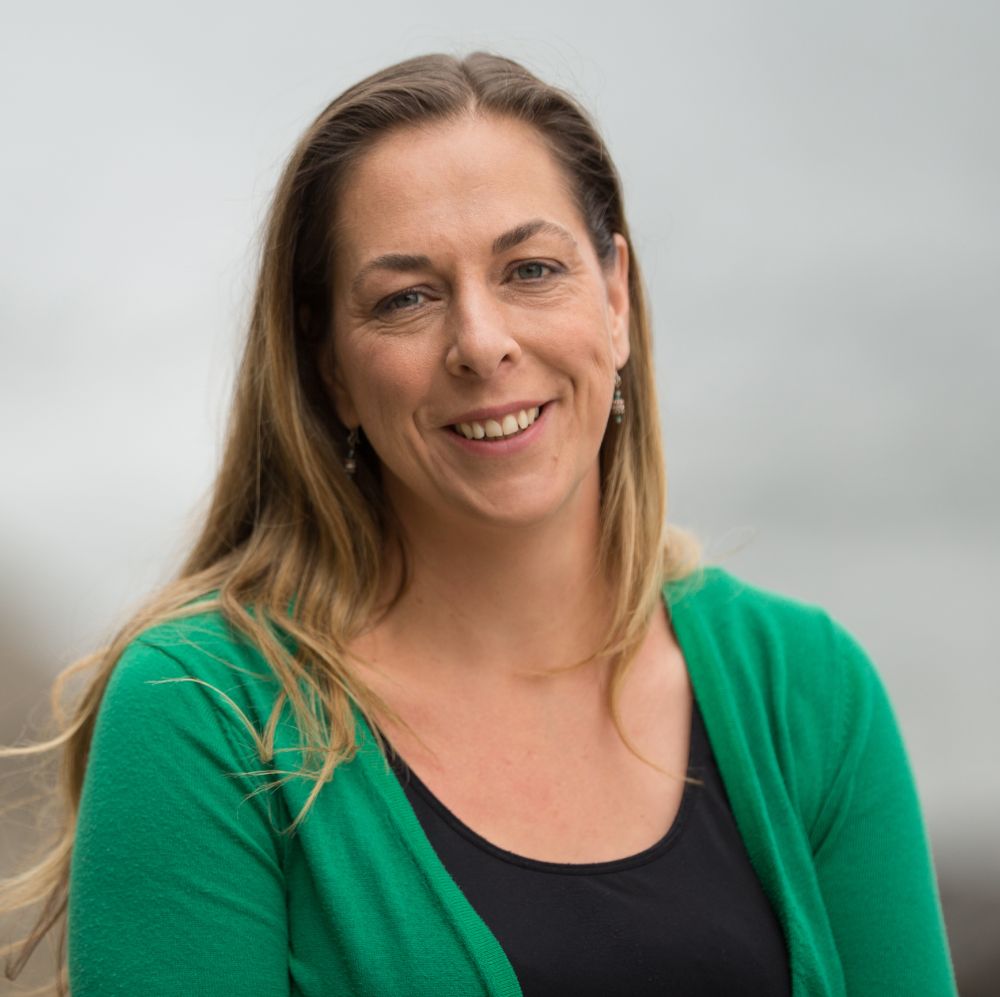
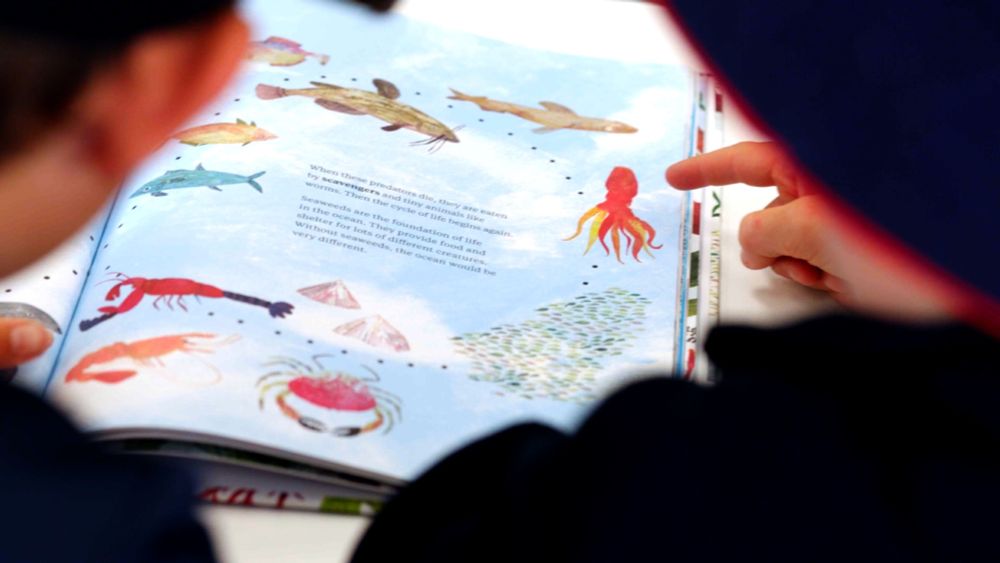
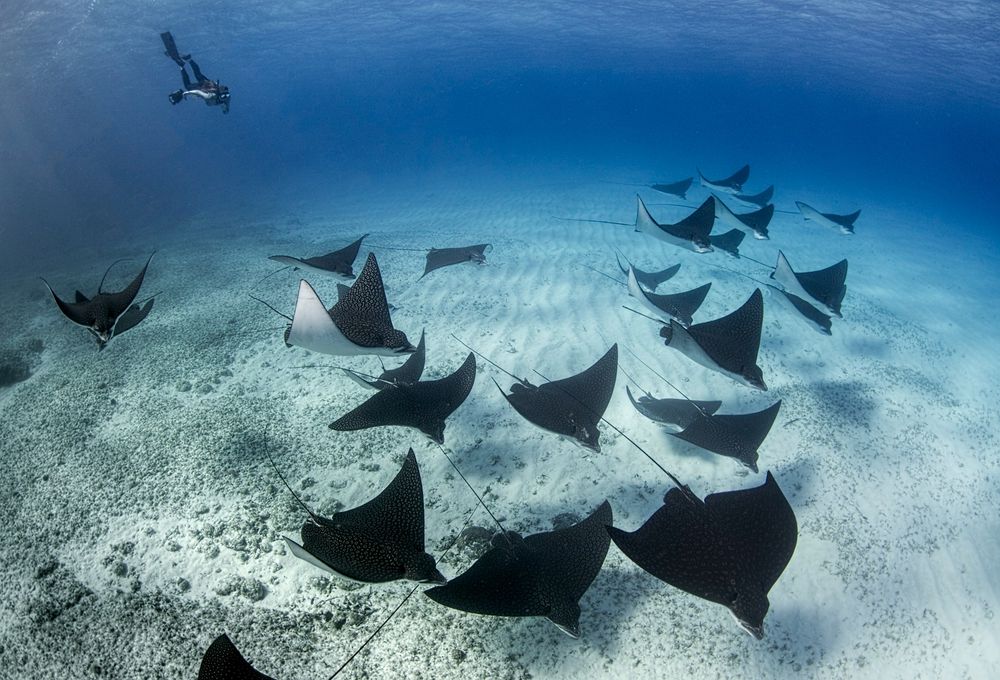
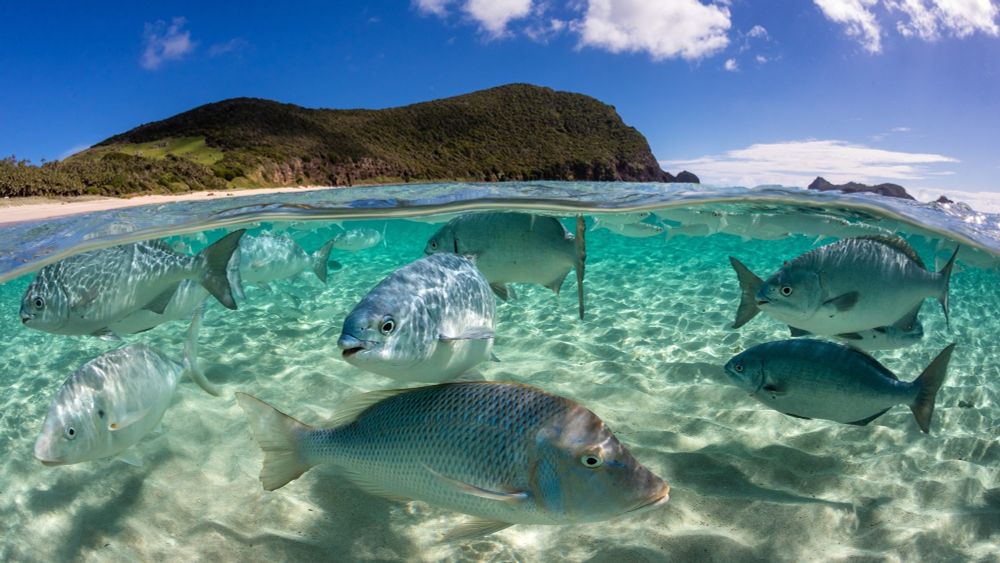
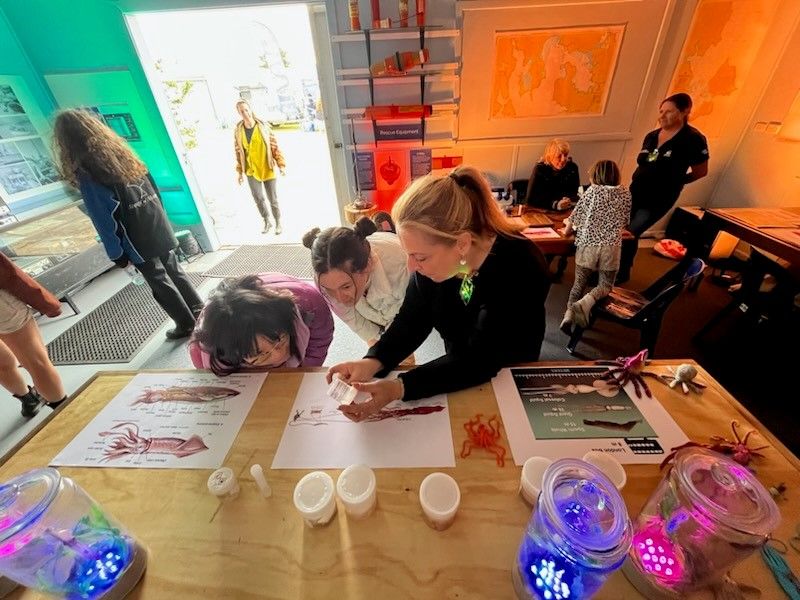
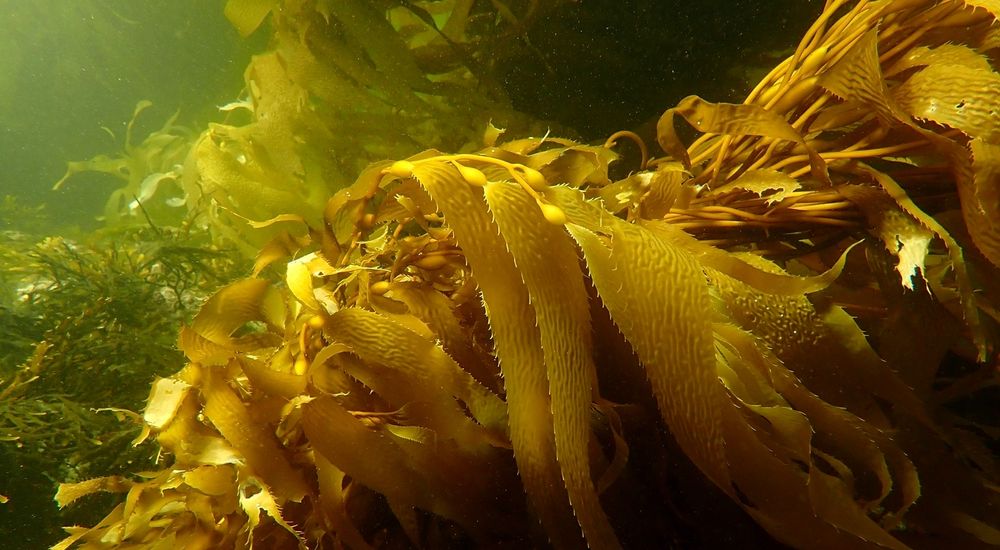
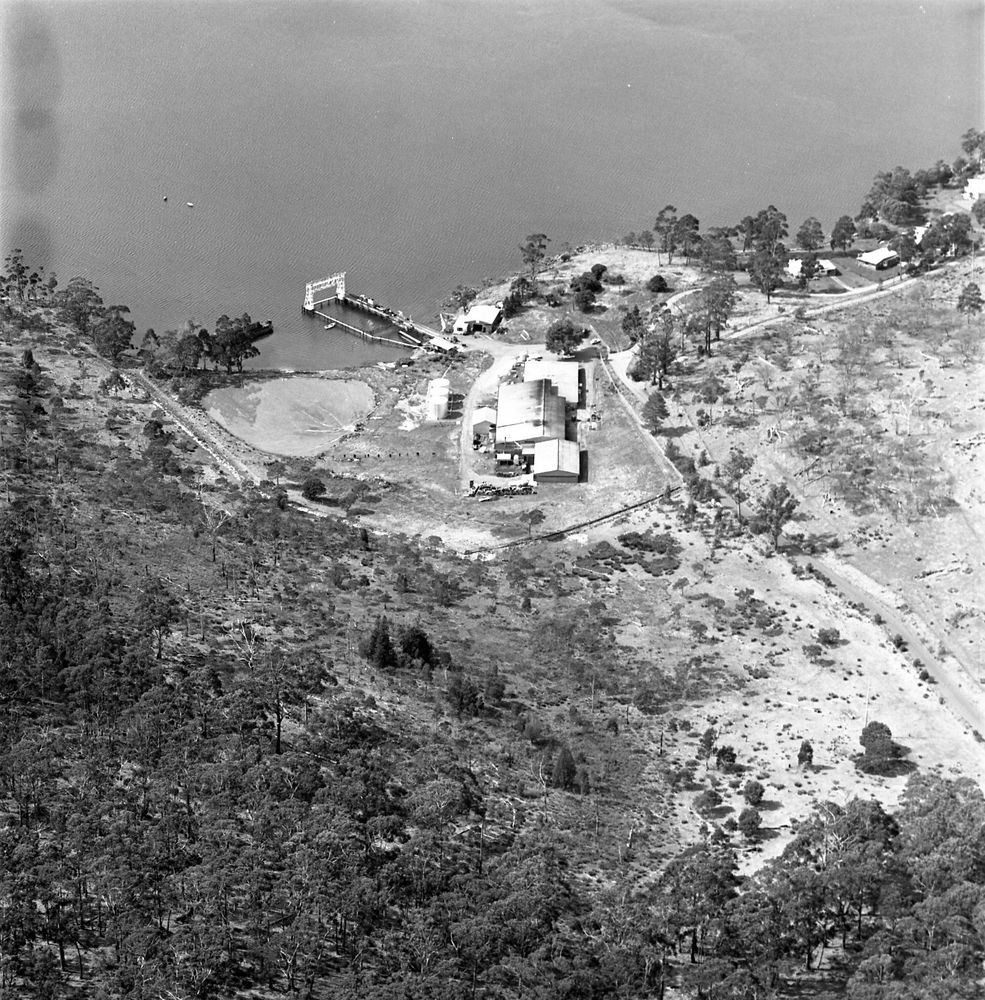
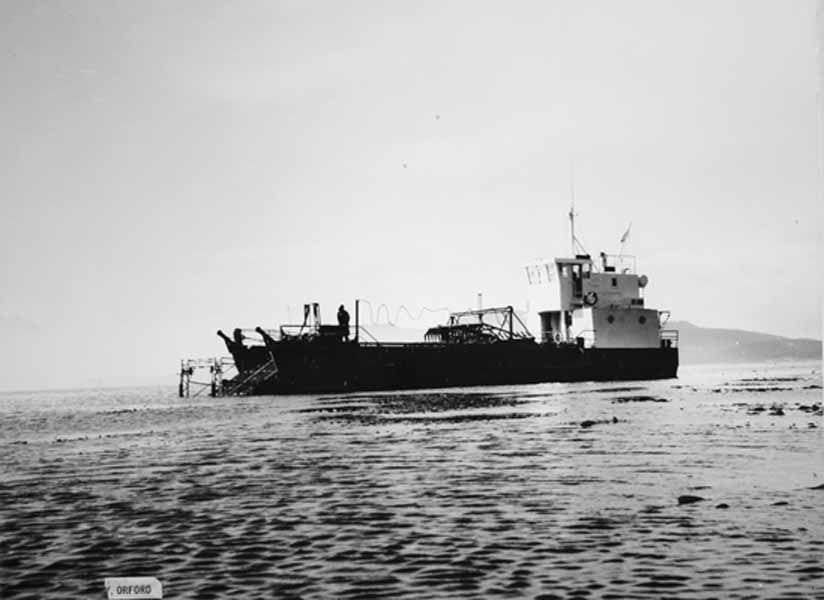
📸 Antarctic & ice by Pete Harmsen for AAD, outreach by Katharina Hochmuth ACEAS
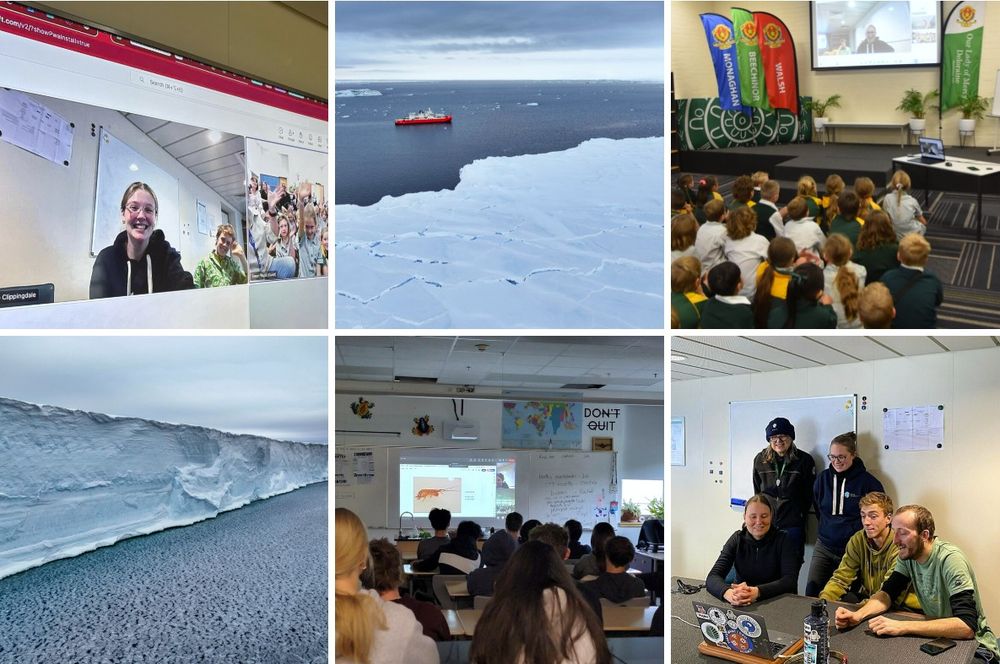
📸 Antarctic & ice by Pete Harmsen for AAD, outreach by Katharina Hochmuth ACEAS
